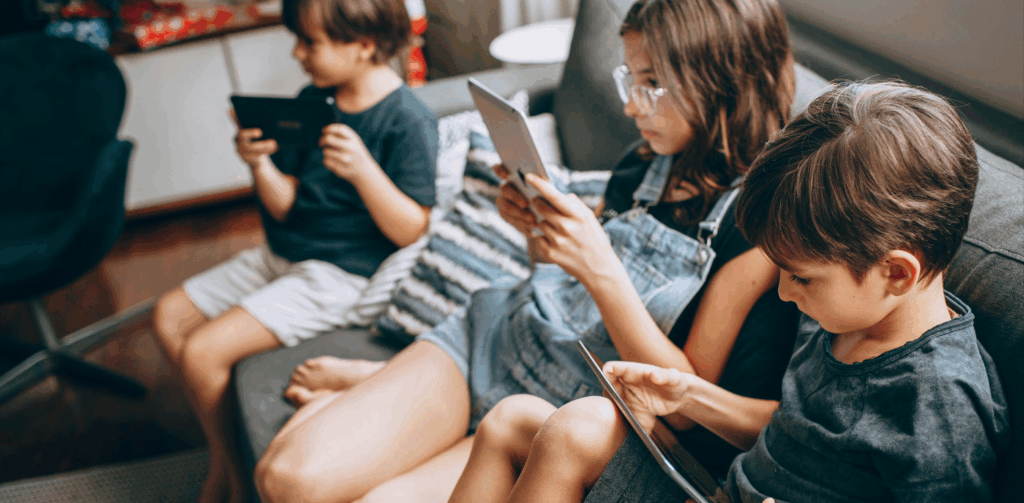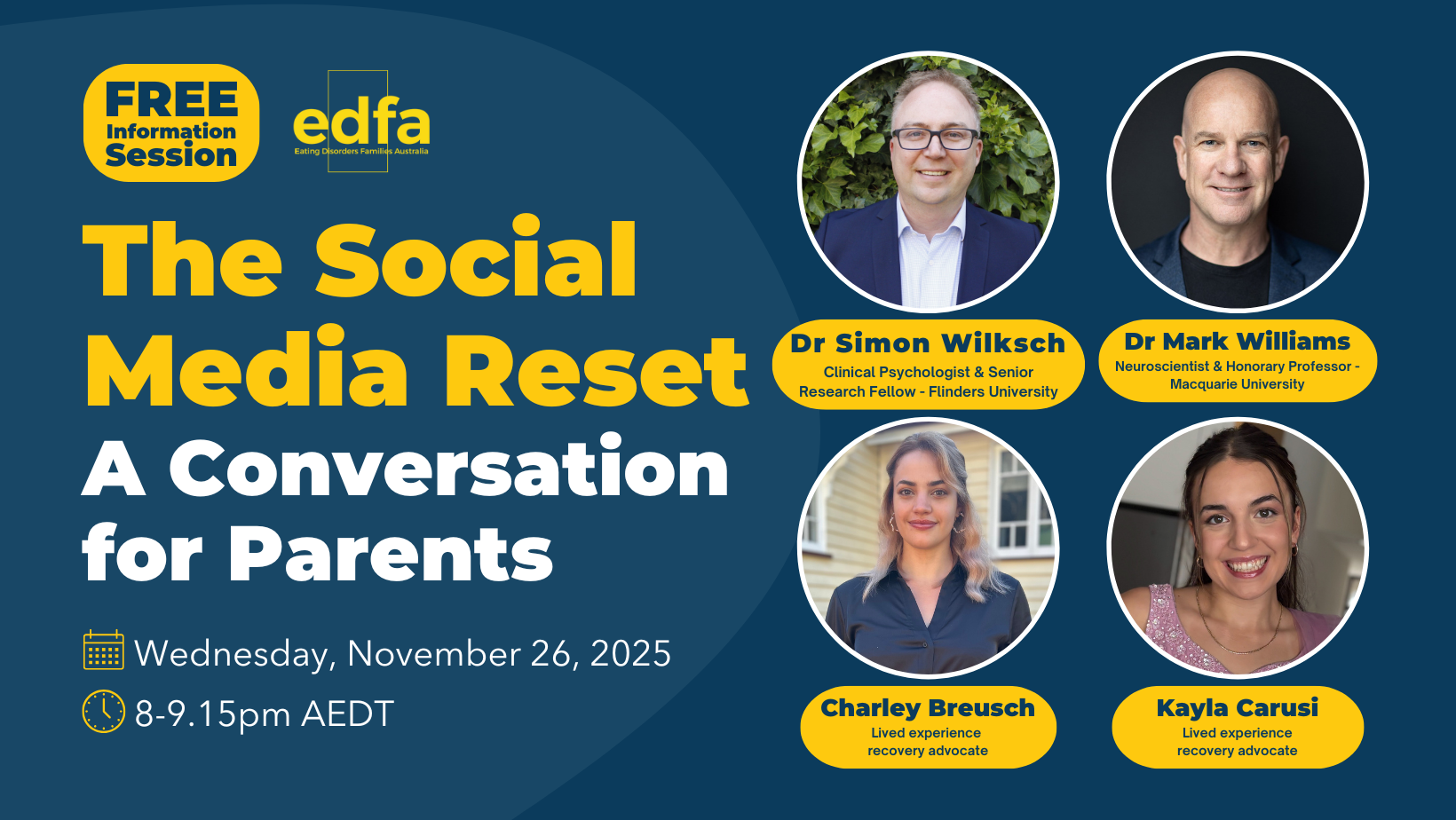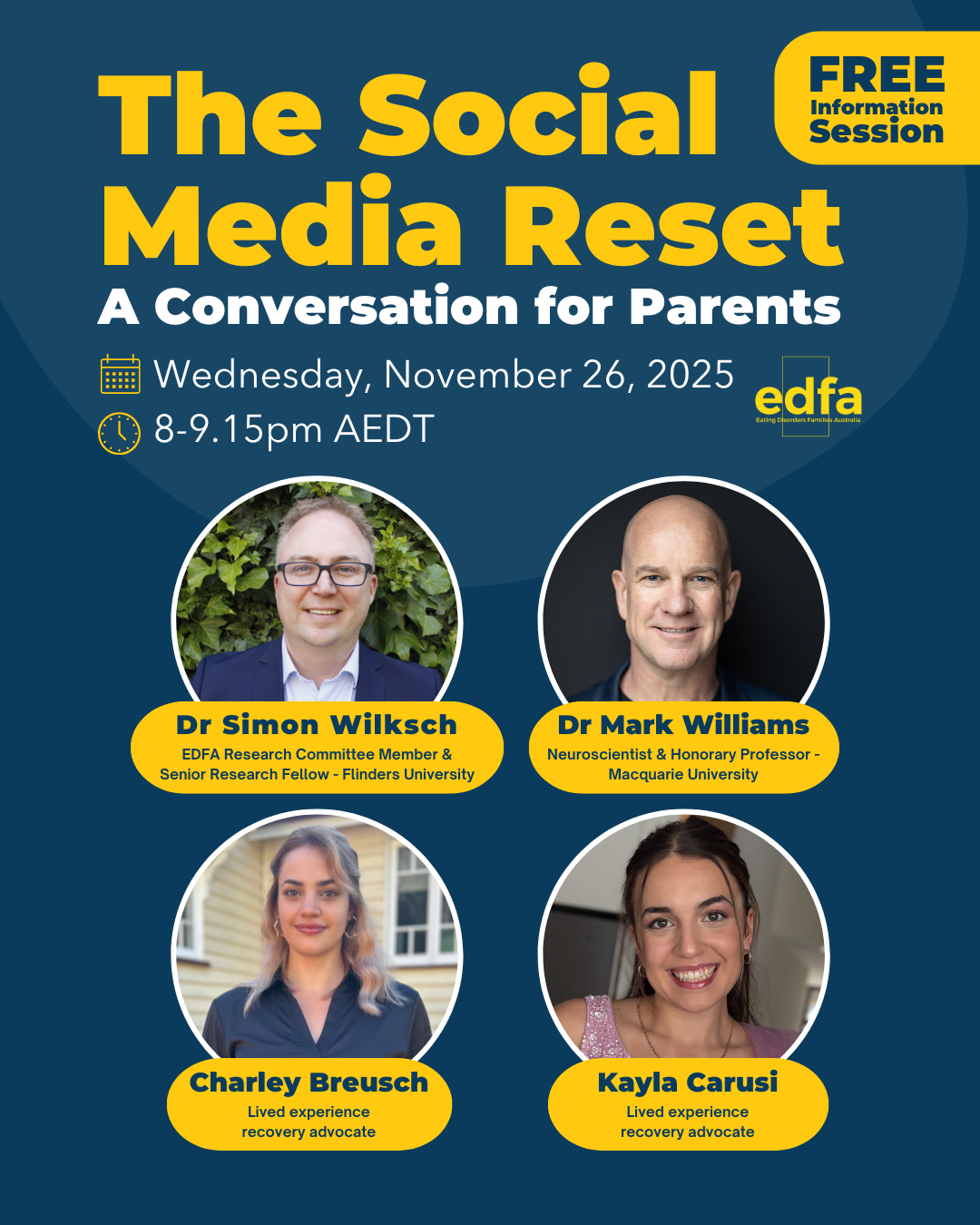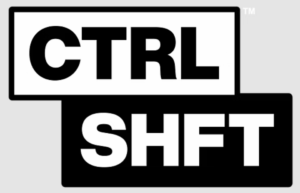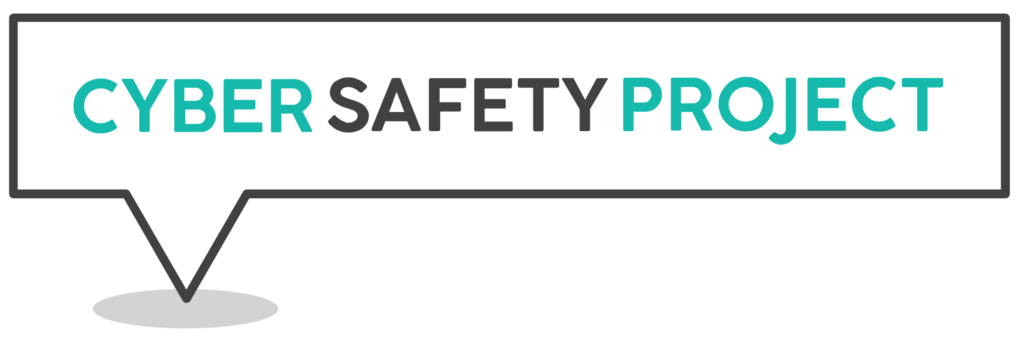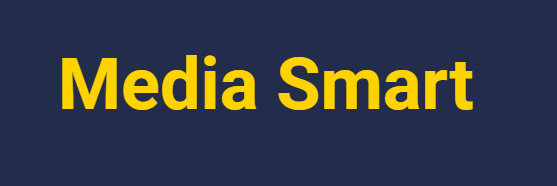- Contact Counselling Ph: 03 9125 5670
- Ph: 1300 195 626
- Make a referral
- Book a counselling session
- Become a member
- Donate
- Account login
- Home
- AboutAboutEating DisordersResearch
- Our Services
- Resources
- What’s On
- News & StoriesLatest NewsStories of Hope
- Get Involved
- DONATE
- 🌐

